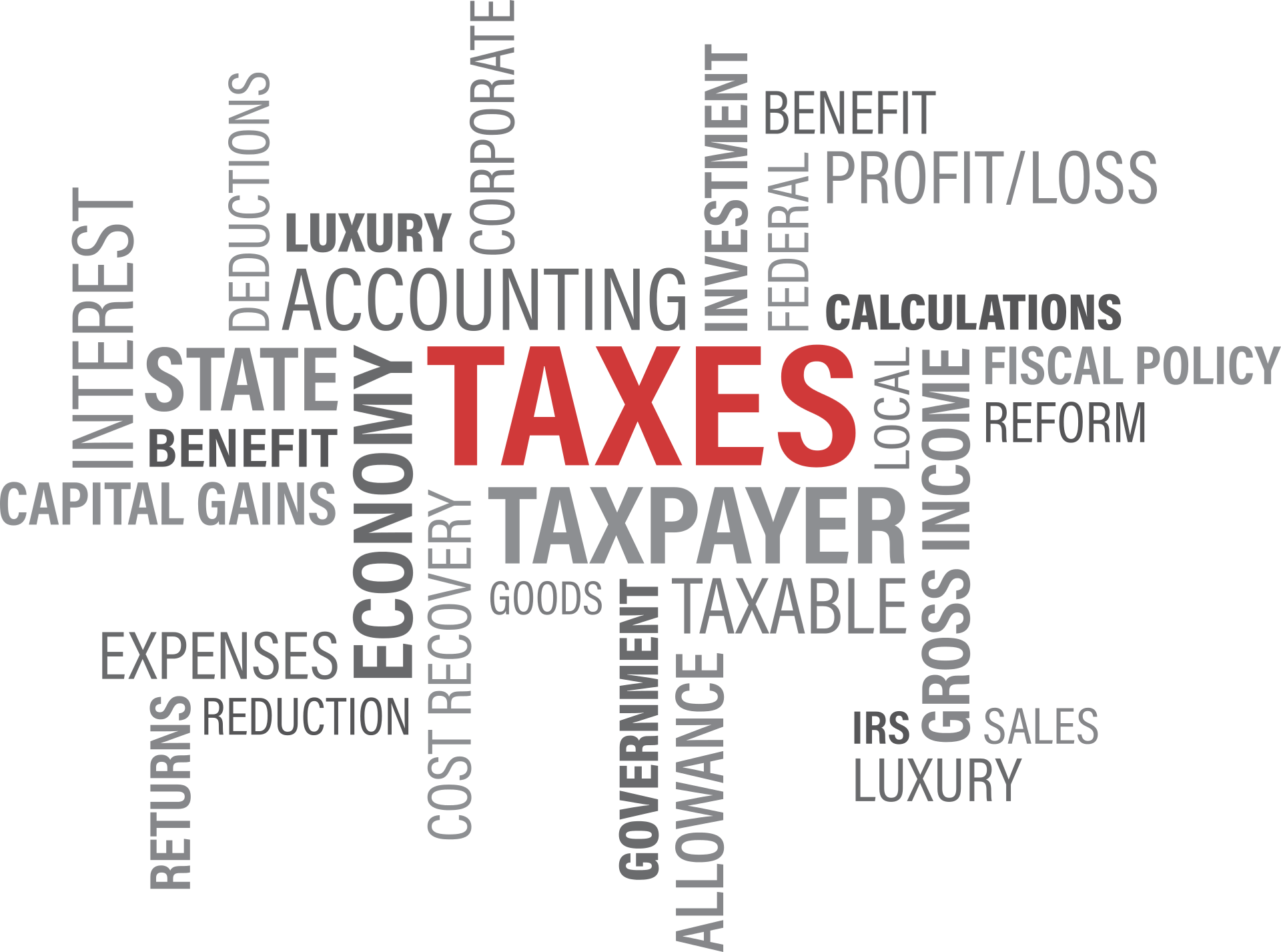
Many small business owners view business tax planning as an exercise that must be done at the end of the year. However, tax planning can have a significant impact on the bottom line of a business. For example, cash-based businesses must monitor the timing of their cash receipts and vendor payments, as both can affect the current-year earnings. Additionally, cash-based businesses may be able to deduct expenses that are paid in advance, such as advertising and employee salaries.
Regardless of the size of a business, proper tax planning can be a key to reducing the amount of money owed at tax time. By being proactive, business owners can take advantage of business deductions and account for new tax laws, reducing the amount of taxes owed on Tax Day. Businesses should consider all of these factors when planning their tax strategy. Bank services can be beneficial in the process. Business owners should consult a certified financial planner to determine which tax strategies will result in the most savings. Read on to discover more about tax planning.
Business tax planning can help businesses minimize their taxes, while taking advantage of available deductions and credits. Even when pending tax legislation makes it difficult to determine the correct course of action, smart business owners can take advantage of tax planning strategies to reduce their taxable income and overall tax burden. For instance, a business can use depreciation as a way to recover capital expenses. This reduces taxable income, and thus, the overall tax burden.
For many small businesses, business tax planning is crucial in their growth. It is important to work with a tax planner early in the lifecycle of a business to identify the most advantageous tax strategy for the business. Ultimately, it is about finding the right balance between taxes and other business objectives. For example, some business owners focus exclusively on business income taxes, while others pay personal taxes as well. By making informed tax decisions early on, a business can maximize its potential and minimize its tax burden.
Keeping up with tax laws can be complicated, so a good CPA or tax advisor is essential. Meeting with your CPA quarterly or semi-annually can help you identify effective tax planning strategies. CPAs can act as a member of your team, providing financial planning, estate planning, business succession, and other accounting services. Ask for references and check their credentials. If you are new to the area of business tax planning, hiring a CPA or tax advisor can help you get a head start.
The first step in planning your taxes is to find the best virtual cfo services professional to help you. There are many different tax strategies that you can take, and choosing the right one is crucial. However, it is important to keep in mind that a poorly prepared tax plan could lead to negative consequences. Therefore, it is important to use a professional who is experienced and has proven track records in tax planning. This will help you to avoid penalties and make the most of your tax dollars.
Get more informed on this subject by clicking here: https://en.wikipedia.org/wiki/Tax.
